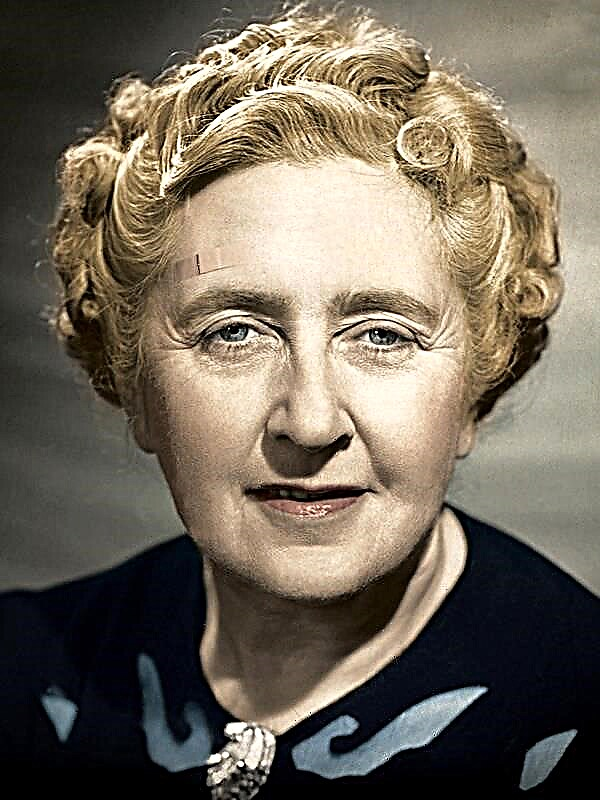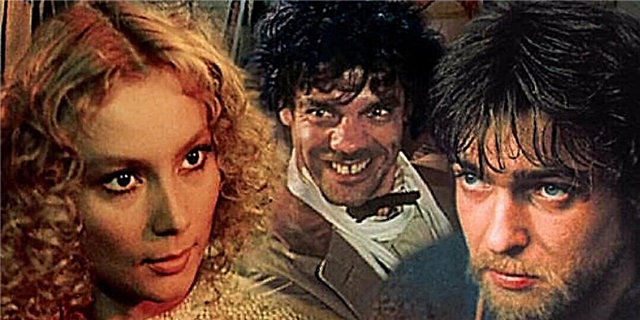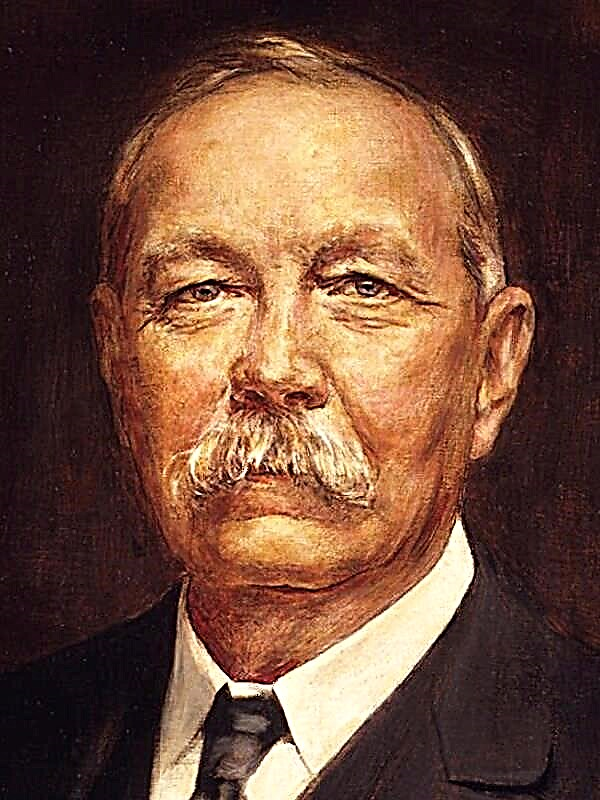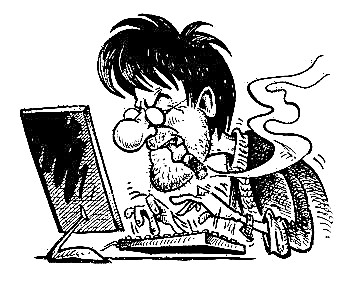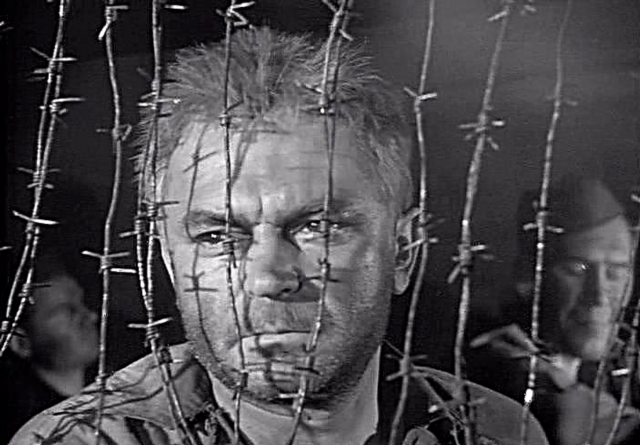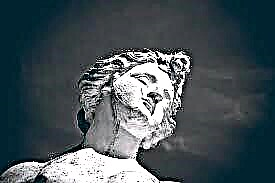(467 words) Unfortunately, on the way of life we often encounter hypocrisy. This meeting is always unpleasant, because appearances deceive us, and to the essence we get too late. As a result, we lose valuable time for something that is not worth it. Therefore, I agree with Fox's words: cruelty under the guise of mercy is doubly unpleasant, because it tricks us into becoming supporters or even participants in an evil and unjust cause. To clarify my point, I will give literary examples.
In the novel by F. M. Dostoevsky, “Crime and Punishment,” Rodion Raskolnikov justifies cruelty, considering it a fair price for the welfare of society. His theory says that the chosen people can use the rest at their discretion, because only they are able to decide the fate of this world. Having decided to test the idea in practice, he kills Alena Ivanovna and her sister. In his opinion, the old percent-woman was in the way, although he found out from strangers about this. Getting rid of it was supposed to be an act of mercy for the poor, but after the death of the old woman, the situation in the city did not improve. Cruel reprisal only instilled horror in the souls of the inhabitants. Raskolnikov's “Mercy” turned out to be ordinary cruelty, not motivated by aggression. But the whole horror is that the hero sincerely did not understand this, getting into the network of false theories. Only in the epilogue does he turn to the Bible and recover from evil illusions. Obviously, they are more dangerous than ordinary cruelty. If an ordinary criminal repents of his evil deeds and feels wrong, then the ideological killer does not believe in his guilt to the last, which means he is ready to continue to kill.
Another example was described by L. N. Tolstoy in the novel "Anna Karenina." The society reacted cruelly to Anna, having deleted her from her life. No one received her, no one came to visit her, she was not even recognized on the street. The woman was completely isolated. People who previously willingly communicated with the heroine and knew perfectly well about her betrayal turned away from her when she left her husband. All these secular lions and lionesses themselves violate the vows made to each other, but only hide the sin, although everyone understands who is unfaithful to whom. However, they cannot openly acknowledge their feelings, therefore they hypocritically condemn the union of Karenina and Vronsky, although they themselves behave no better. They justify their terrible attitude to women by strict moral principles. Anna’s husband does the same, forbidding her to see her son. He covers his cruelty with mercy, because Seryozha should not suffer from meetings with such a mother. However, this ban is just the revenge of a deceived man. Obviously, none of the heroes ceases to torment Anna, because each of them considers himself an infallible guardian of morality. In this illusion lies the danger of cruelty, pretending to be mercy.
Thus, the most terrible kind of hardheartedness is hypocritical cruelty, which hides its essence behind masks. People see in it what they want to see, therefore they do not correct anything in their behavior. More and more supporters are joining them, because yet another persecution of a person looks like a righteous trial of a wicked man. And then the violence takes on a monstrous scale.

